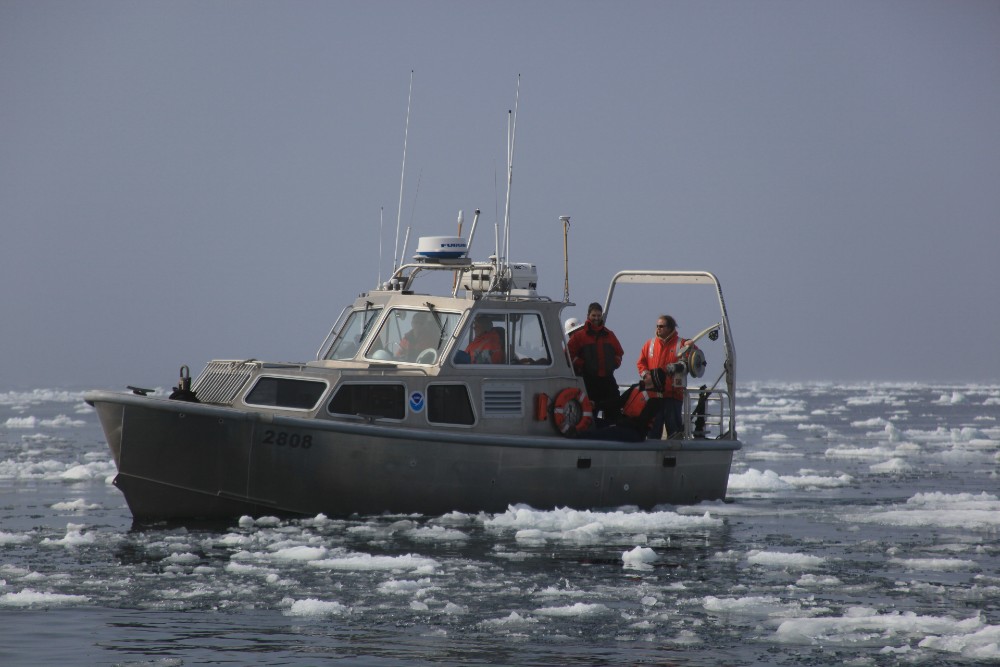A SCOTTISH salmon farm has agreed to start a programme to monitor and audit its weekly sea lice count as part of its effort for “greater transparency”.
Loch Duart is now inviting Trust biologists onto their sites to monitor the farmed stock health checks, involving sea lice monitoring.
The farm has announced it will be partnering with the West Sutherland Fisheries Trust (WSFT) for the monitoring and auditing of its weekly sea lice count activities and the resulting data.

The West Sutherland Fisheries Trust (WSFT) was established in 1996 to monitor and protect wild fish stocks.
The trust uses scientific programmes and guided fishery management plans which have a significant, positive impact on wild salmon populations in the area.
Loch Duart partnered with the Fisheries Trust in 2018 on the sea trout tracking project in Loch Laxford.
Mark Warrington, Loch Duart’s Managing Director says: “This independent audit fits Loch Duart’s policy on stewardship of the environment and transparency to local stakeholders,
“The initiative is a continuation of our support for all bodies involved in caring for the local environment.”
The levels of sea lice on Scottish salmon farms have been published voluntarily through the Scottish Salmon Producers Organisation (SSPO) since 2013, with details on a site-by-site basis being available since 2018.
At the end of March 2021, it became a statutory requirement for farmers to report lice counts to Marine Scotland every week.
The procedures for counting sea lice are laid out in the industry’s Code of Good Practice and Loch Duart’s farm personnel are fully trained in this procedure and the correct identification of sea lice and their various life stages.
Despite the increasing level of transparency on data and industry routines, it has been said that the counting of sea lice by farmers themselves lacks independence.
Some critics claim that the reported data is not reliable.
The new auditing provided by WSFT underlines their belief in the transparency of health-check monitoring and the reliability of sea lice data submitted to Marine Scotland.
Whilst the Trust receives funding for its service work it is independent of those for whom it provides services.